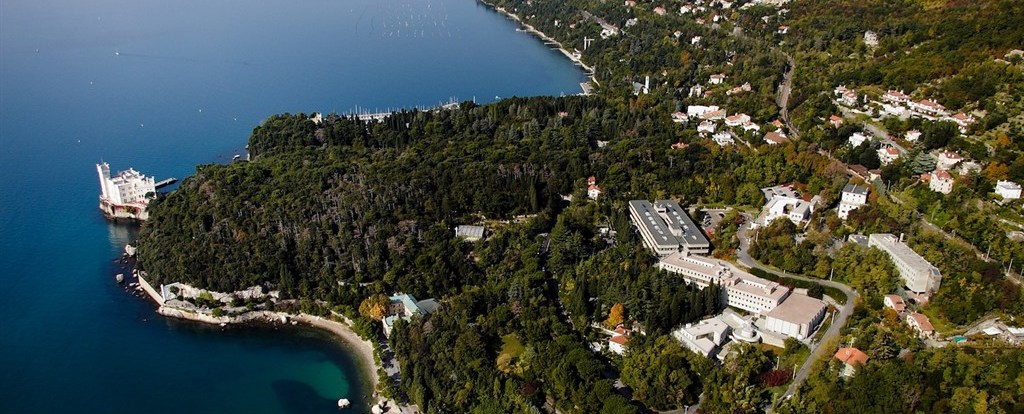Speaker
Description
Cosmic Microwave Background (CMB) photons experience weak gravitational lensing due to the large-scale structure of the Universe along their path. The weak lensing generates a divergence-free component of the polarization field known as B-modes, through the gravitational lensing of the primordial curl-free component of the field, known as E-modes. Estimating the lensing power spectra and delensing the CMB maps from recent and upcoming surveys are crucial tasks for the advancement of observational cosmology. However, one of the main obstacles to these tasks is the presence of foreground contamination in the CMB maps. In the era of high-sensitivity CMB experiments, the bias in delensing arising from these sources may exceed the statistical uncertainties of the observational data. Weak lensing remaps the primordial fields and introduces correlations between multipole moments in harmonic space. A quadratic combination of properly filtered maps' multipole moments can be used as an estimator to probe the mass distribution responsible for the lensing. Our objective is to study the efficiency of different lensing estimators in the context of upcoming CMB surveys and then provide new methods to mitigate the biases in lensing reconstruction. In our work, we test polarization-based quadratic estimators on simulated lensed CMB maps that possess properties corresponding to the CMB-S4 survey. Here, we present the foreground bias in quadratic estimators on simulated maps contaminated by galactic emissions.
